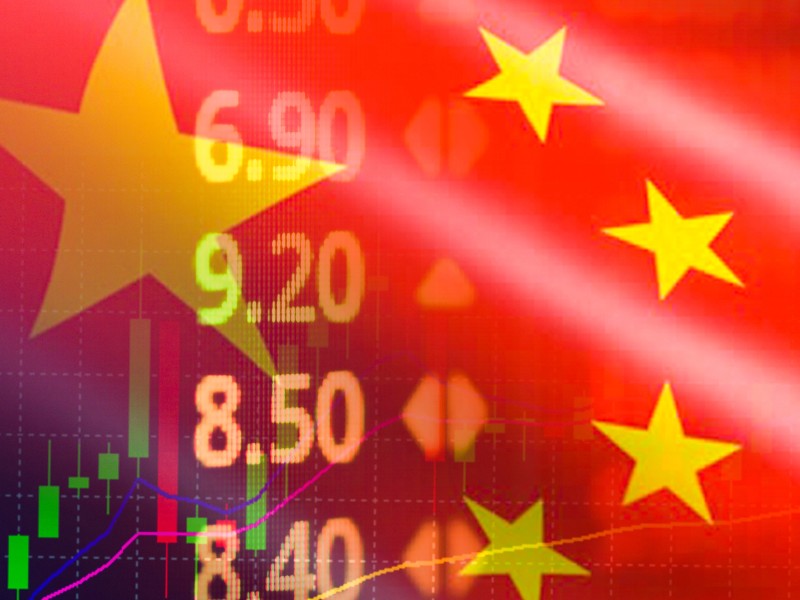

Representatives from six of Canada’s largest public sector pension investment organizations addressed a special parliamentary committee on Monday.
The special committee on the Canada–People’s Republic of China Relations called on the British Columbia Investment Management Corp., the Canada Pension Plan Investment Board, the Caisse de dépôt et placement du Québec, the Ontario Teachers’ Pension Plan and the Public Sector Pension Plan Investments Board to provide information on their allocations to the Chinese economy.
The investigation is part of the committee’s broader mandate to better understand the relationship between the two countries during a time of increased diplomatic tension.
Read: BCI, CPPIB and OTPP investments tied to human rights abuses in China, finds watchdog
Michel Leduc, senior managing director and global head of public affairs and communications at the CPPIB, said the investment organization’s allocation to the country, which is valued at roughly $49 billion or 9.8 per cent of its overall portfolio, was a necessary source of diversification for the fund. “Exposing the fund to Chinese markets gives us exposure to one of the world’s largest and fastest growing economies in sectors such as consumer discretionary, logistics and real estate. In addition to this growth, China often moves in ways uncorrelated to developed markets, adding balance to our portfolio.”
Leduc also indicated the CPPIB has no intention of divesting from the Chinese economy, though it’s concerned by the the current geopolitical climate. “As we pursue global opportunities, we seek to avoid investments in companies involved in wrong doing, especially involving human rights.”
About three per cent — or $6.3 billion — of PSP Investments total assets is currently invested in the Chinese economy. Eduard van Gelderen, the organization’s chief investment officer, told the committee this was a small amount relative to China’s global economic output. “Many people would claim you have to build a portfolio in line with global output, but there’s actually nothing in our mandate to say we have to have 20 per cent in China because it’s 20 per cent of global GDP.”
About 2.3 per cent — or $5.3 billion — of the Ontario Teachers’ portfolio is invested in the Chinese economy. Stephen McLennan, the pension fund’s executive managing director of total fund management, said the plan is against any new investment regulations that would prevent further investments. “The Canadian pension model is the envy of the world [and that’s] premised on the independence of governance on the pension plan from the government sponsor. We need to be thoughtful around how additional rules and regulations might affect that.”
Read: 2021 GIC coverage: A look at China’s expanding opportunity set for institutional investors
Among this group of pension organizations, the Caisse held the lowest concentration, with its $8 billion allocation accounting for about two per cent of its total portfolio. “Our exposure in China aims to provide geographic diversity,” said Vincent Delisle, the organization’s head of liquid assets. “We have decided to keep our investments in liquid markets to allow us to change our minds and sell as the situation evolves.”
While Daniel Garant, executive vice-president and global head of public markets at the BCI, didn’t provide details about the size of its allocation, he pointed out its exposure to China’s economy came through index funds.
In response, one member of the committee, Conservative Garnett Genuis, cited a 2021 report that found the BCI had about $57 million invested in Hangzhou Hikvision Digital Technology Co. Ltd. through index funds. According to the U.S. and the E.U., which both forbid investments in the company, Hikvision provided the Chinese government with facial recognition technology used in the persecution of the country’s Uyghur minority.
“We’re not very happy with some of the components of the index and are doing something about it,” said Garant. “We’re engaging with index providers to work on what they put in them.”
Read: Canadian pension plans named as passive beneficiaries of China’s crimes against humanity: report
